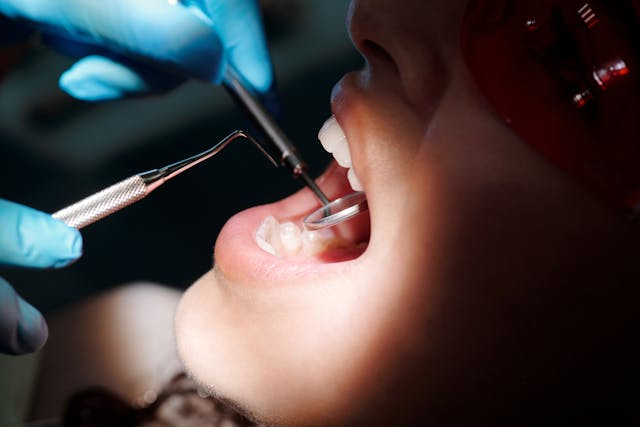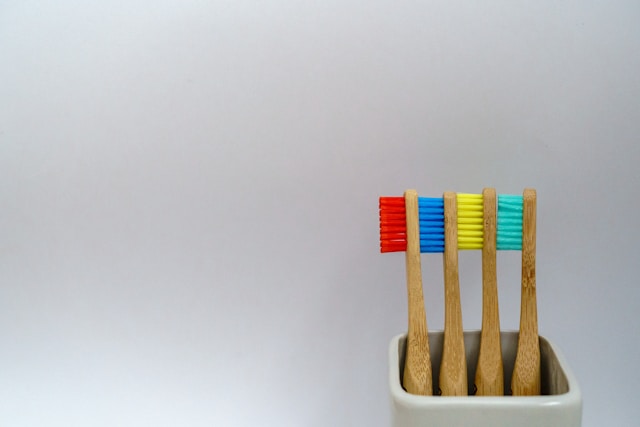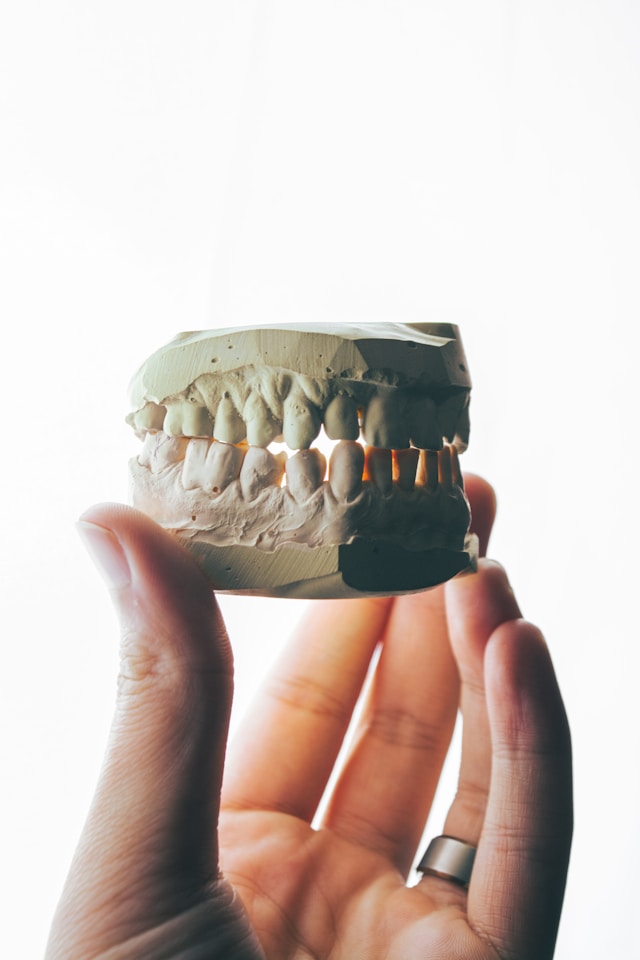Natural Ways to Whiten Your Teeth
May 31st, 2024
For most people, having white teeth is a sign of good hygiene, and with age, teeth begin to yellow. To ensure that teeth are white, chemical cleansers and other substances are sometimes used that may result in various health complications. Instead, there are many natural remedies available for whitening teeth and protecting enamel.
- Double check your diet. Drinking coffee, teas, juices, and other drinks that stain your teeth may not be the best option if you’re considering limiting staining on your teeth. Wait 30 minutes before eating after brushing your teeth. Eat more high fiber foods, such as spinach, which will get your saliva flowing to clean up the acid from your teeth.
- Some studies also show that brushing your teeth with baking soda may result in whiter teeth over time. Though you do not have to brush your teeth with just baking soda, you might want to look at products that do contain baking soda in them.
- Go to the dentist. Your best place to get your teeth shiny and white is to get a cleaning done at your dentist. If your tooth staining is too much to fix, the dentist may suggest a veneer or an implant to fix it.
- Use bananas, oranges, or lemon peels. Theoretically, citric acid should help with whitening your teeth. Though the results of doing this won’t always be the same for every person, it’s worth a try. Take the peel and rub it on your teeth for about two minutes before rinsing and brushing your teeth thoroughly.
- Use non abrasive active charcoal toothpaste. Activated charcoal can pull toxins out of your mouth, which will reduce staining on your teeth. This natural substance is important to look at carefully, as a more abrasive version of it may not have the same effects and can cause health issues.
- Try oil pulling. Like the citric acid peel remedy, oil pulling theoretically should reduce the amount of bacteria in your mouth causing less plaque buildup. Take a tablespoon of coconut oil and swish it around your mouth for 20 or so seconds. Rinse with warm water, brush, and floss. However, be warned that there is no scientific evidence to this, unfortunately. Since oil cannot penetrate the enamel surface, it cannot remove the stains. However, the ancient Ayurvedic practice is still commonly used. It’s relatively inexpensive, so might as well give it a try.
Most importantly, whitening your teeth isn’t just about the cosmetic effects. It’s about keeping your teeth healthy and clean. As long as you are brushing, flossing, and rinsing with mouthwash after you eat, keeping your teeth clean won’t even be an issue.








































